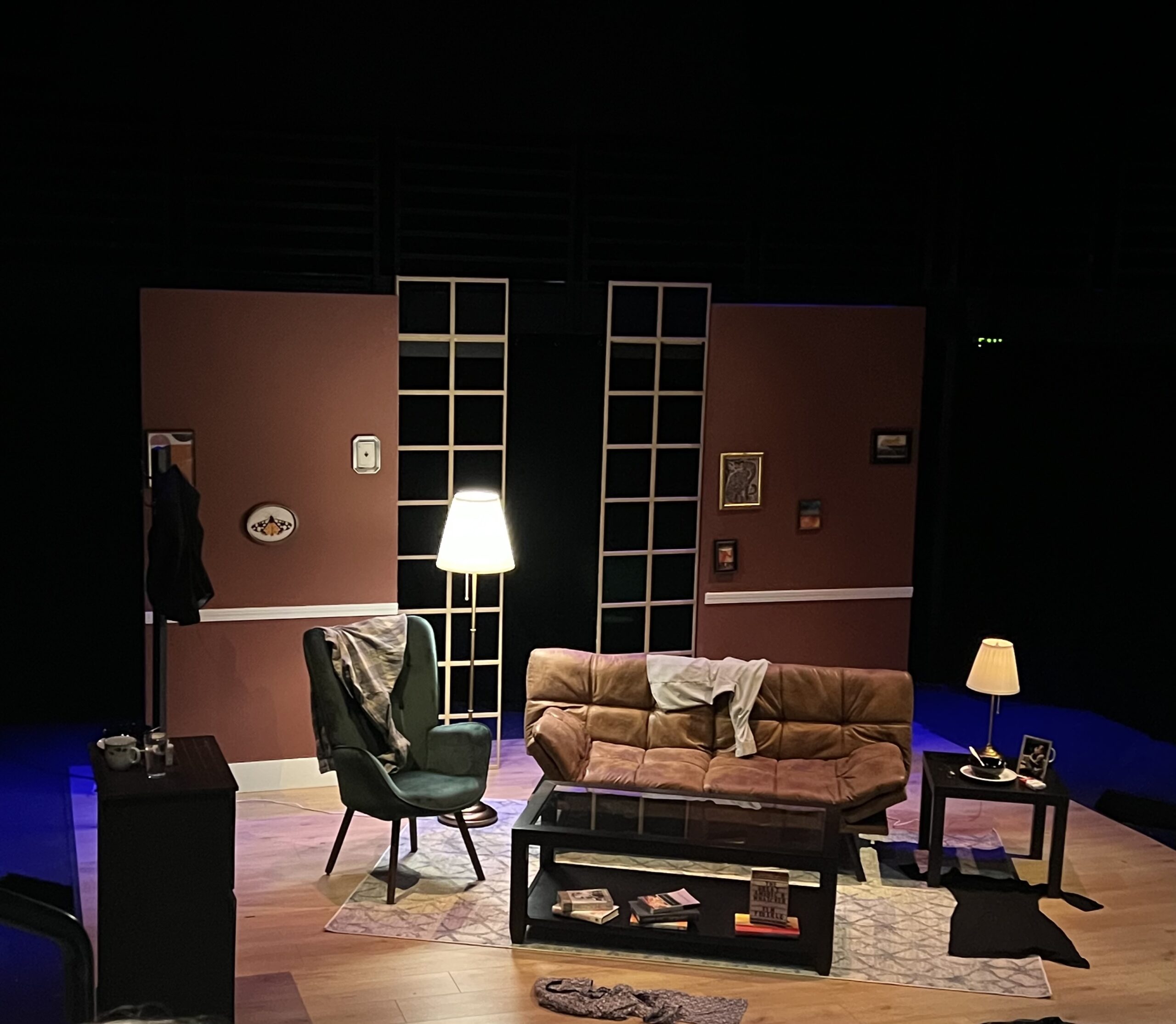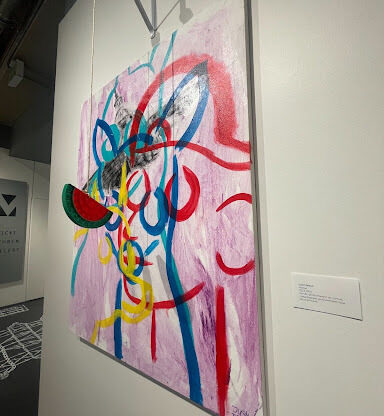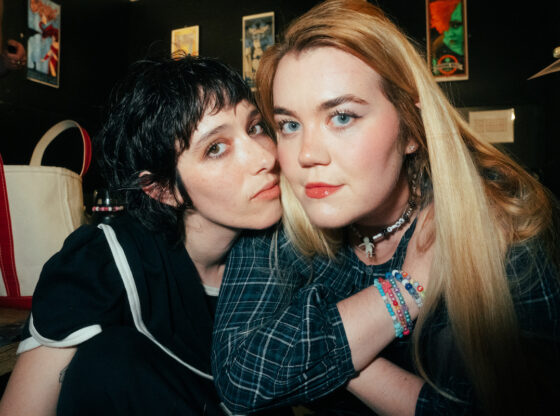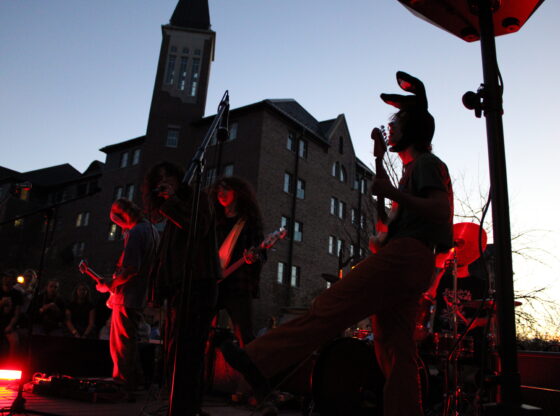On Tuesday, January 22nd, the Center for Judaic Studies hosted a roundtable discussion on the profound impact the work of translating between cultures can bring to both politics and literature. The event, “Speaking in Tongues,” featured three internationally lauded translators and writers: Jessica Cohen, Dr. Dory Manor and Moshe Sakal.
A Man Booker International Prize-winning translator, Cohen aides in bridging the gap for readers between Hebrew and English literature. She has translated books along the likes of “A Land Without Borders” by Nir Baram and “All The Rivers” by Dorit Rabinyan.
“I grew up bilingual, so I’ve always existed in a dual culture,” She said when reflecting on the path her career has taken. “I don’t live in Hebrew; the Hebrew lives in me.”
Manor—a prize-winning editor, poet and translator of books from French to Hebrew—carried similar affinities for the language and how it has changed over time. He has translated the works of literary icons such as Charles Baudelaire and René Descartes.
“Hebrew is a mixture of all these languages and layers of meanings,” Manor said, “[As translators, we have to] try to find ways—often peculiar and strange—to say things that are very simple, and it is one of the magical things about Hebrew.”
From the writer’s perspective, he was also able to touch on the political undertones of writing in Hebrew. A language with a complex history that is closely associated with the Israel/Palestine conflict, those who use it are expected to assume the role of activist.
“Israeli poetry is important because the poets carry the spirit of the nation. The authors represent the sound, the voice, of the people,” said Manor. “Writers are constantly aware of the illusion of words.”
Sakal, a prize-winning novelist of the Arab Jewish experience, echoed the same sentiment. In his latest release, The Diamond Setter, a Syrian named Fareed crosses the border into Israel in search of his roots and family history, and the act opens up a Pandora’s box of politically-charged questions.
“Israeli poetry has more of an obligation to be prophetic and visionary,” He commented. “Once I erased the border [for Fareed in The Diamond Setter], I realized that other boundaries can break as well: about love, about gender and about sexuality.”
While the three disagreed on whether or not these political perspectives are truly representative of Israeli and Palestinian masses, they all recognized the importance of providing them for readers to consume and opening up the conversation towards alternative viewpoints that were once nonexistent.
“When I was looking for a role model during my adolescence, I was forced to look at foreign models or invent my own,” Manor said during the closing of the event, “But now, through our writing, we can take part in reinventing and refounding a new culture.”











